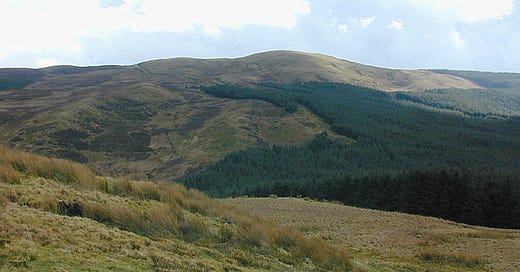I INVENTED A NEW SPORT
I invented a new sport. I invented it right there in the lounge room, in amongst Margie doing homework and baby Jason tossing pillows around and Jenny watching TV and all of them generating a lot of noise and creating movement in my peripheral vision. For anyone it would have been a lot. But while all that was happening I was devising gambits and rucks …
Keep reading with a 7-day free trial
Subscribe to Infinite Gossip to keep reading this post and get 7 days of free access to the full post archives.





